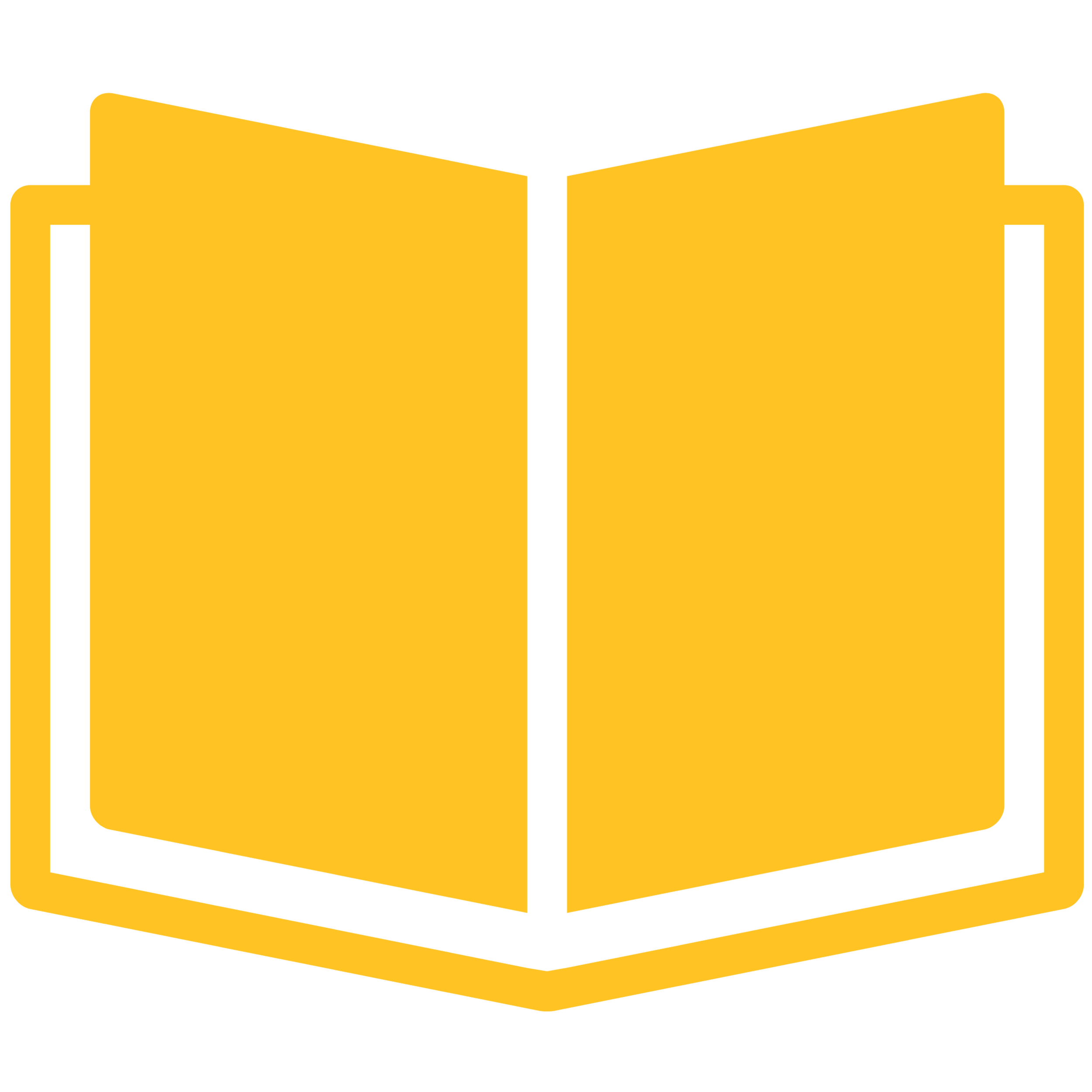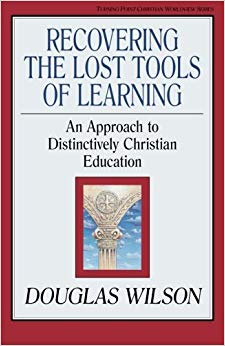Classical Christian Education with Douglas Wilson
When you think of education, what images come to mind? You may think of rows of beige-and-chrome desks, all arranged in rows facing the front of a classroom, the walls of which are decorated with maps, inspirational quotes, and the ABCs. At the front of the classroom stands a teacher (probably a woman, if we’re picturing an elementary classroom), and she is leading her pupils in some lesson.
Now, what is she saying to her class?
The possible answers to that question will be very different, depending on what kind of school you are imagining. This is because there are vast differences between what sorts of things are taught at public (government-run) schools vs. private schools. And there are even more differences between different kinds of private schools. Is it a Christian or secular school? Is the education being offered modern or classical?
Furthermore, the answer will depend on exactly when you’re imagining this scene. What is being taught in public schools today is not necessarily the same as what we were taught in the 80s, 90s, and early 2000s. Certainly much is the same (the ABCs haven’t changed), but differences in the content will reflect the ways our society has changed since we were kids. Does anyone really think that what sixth graders today are being taught about, say, gender, is the same as what their counterparts were being taught in 1996?
The question we must face, then, is what kind of changes should we expect schools to make along with society, and which things should remain unchanged? And how do we decide between the two? To answer this question, it can be super helpful to look back into our history and see how schooling was done in the past. What worked, what have we lost since then, and what should we consider bringing back?
In this episode, my guest is pastor and author Douglas Wilson. Pastor Wilson is the lead pastor of Christ Church in Moscow Idaho; you may know him as the author of many influential books, or as a podcaster--his podcast, the Plodcast is educational and a lot of fun to listen to; or as the man who, with his wife Nancy, helped to kick start the movement of classical christian education in America in recent decades. I’ve read eight of his books this year and they’ve been incredibly helpful and thought-provoking.
Pastor Wilson is going to help us navigate the question of education, how we should think about it as Christians, and why so many today are returning to what is known as Classical Education.
Show Highlights:
How Pastor Doug got into classical education almost by accident--by promising his wife Nancy that their daughter would have a classical school to attend before she hit kindergarten.
What does it mean to have a classical education?
What Classical Education is, and whether it needs to be religious or Christian.
What the philosophy of classical Christian education is, and whether there’s a single worldview behind the movement
Is Classical Education religious?
Whether classical education needs to be rooted in a particular worldview, and if that worldview needs to be religious.
Whether classical education is pagain in origin and/or practice today.
Why Classical Education is primarily a Western phenomenon, but it can also work in the East.
If it’s possible to have a classical education today without it being Christian.
Is Classical Education Biblical?
How to defend the classical approach from the Bible
What Christians have historically believed about education.
What role the Puritans play in this discussion.
Classical Christian Education Curriculum
Why the Trivium (grammar, logic and rhetoric) matters, what it means, and how it helps students learn at each stage of life.
How to update classical curricula as new “classic” books are being written (like C. S. Lewis, who was was classically educated, by the way)!
The crossover between classical Christian education and liberal arts education.
What are the Benefits of a Classical Education?
How classical education benefits students
Why classical education also benefits society and other spheres of influence.
Classical Christian Education Books
We discussed not only books, but also how to pursue it in general.
Classical education for adults
Classical education reading list
Classical education schools near me (how to locate your nearest school)
Is Classical Education Good or Bad?
Where are the objections to classical Christian education coming from?
Why classical education is “bad” according to some
What sort of folks are against Classical Education, and why.
Resources, People and Articles Mentioned in this Podcast Episode:
Take your study to the next level with these Think Institute resources:
Connect with Douglas Wilson
Go to www.dougwils.com
Visit Christ Church at www.Christkirk.com
Recovering the Lost Tools of Learning by Douglas Wilson
Listen to the Think Podcast (and remember to leave us a review!)
The Think Podcast on Apple Podcasts
Get resources, articles and more podcast episodes at http://TheThink.Institute.

